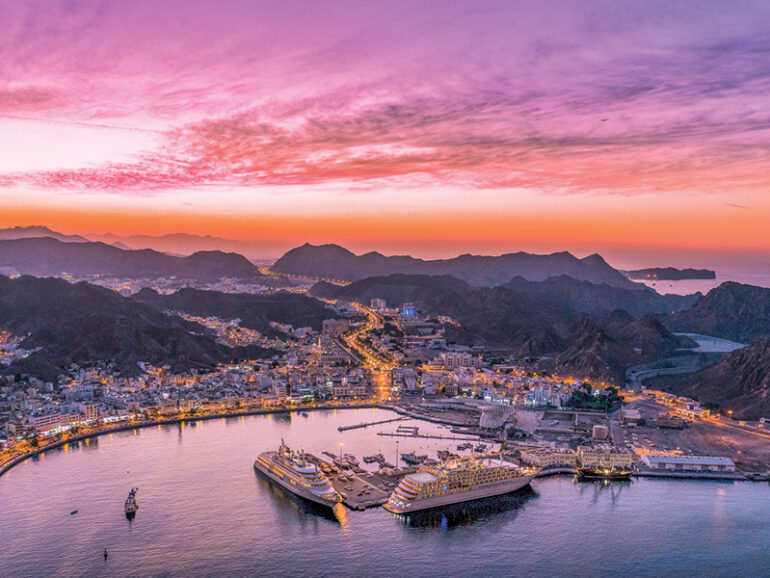 By OUR CORRESPONDENT
By OUR CORRESPONDENT
Muscat – The capital city of Muscat has jumped two places to 112th in the 2025 Global Cities Index (GCI), which evaluates the extent to which a city can attract, retain and generate global flows of capital, people and ideas. On an upward trajectory, Muscat has improved its ranking by 14 places since 2022.
GCI – developed by Kearney, a leading global management consulting firm – measures the performance of 158 cities around the world across five dimensions – business activity, human capital, information exchange, cultural experience and political engagement.
The latest GCI reaffirms the resilience of legacy hubs – the entire GCI top five of New York, London, Paris, Tokyo and Singapore retained their positions from the previous year. Yet, while the GCI’s roster of leading cities stays consistent, that leadership is increasingly defined by adaptation to change – digital infrastructure buildouts, climate-resilience investments and institutional agility.
At the same time, emerging cities such as Almaty, Taipei and Rio de Janeiro are climbing up the ranks through targeted investments in areas such as logistics, air freight and services, reflecting a shift towards distributed influence and regional clustering
Personal well-being scores are declining in many Western cities – including major US and European hubs – amid rising inequality, healthcare strains and social unrest. In contrast, Gulf cities like Dubai, Abu Dhabi and Riyadh are surging, driven by strategic investments in livability and infrastructure that will pay dividends well into the future, the report stated.
Dubai maintained its leadership position, rising to 23rd globally, reinforcing its role as a centre of business, finance and culture. Abu Dhabi has gained ten places to rank 49th, Doha has maintained its 51st rank and Riyadh advanced eight places to 56th, reflecting momentum in economic activity and connectivity supported by ambitious transformation programmes. Manama also moved up ten places to 125th, highlighting Bahrain’s progress in strengthening regional connectivity and competitiveness. Kuwait’s ranking dropped four placers to 90th.
“What’s striking in this year’s results is not just which cities moved up or down, but why. Cities are no longer defined by legacy advantages or sheer scale. Their competitiveness now rests on how well they can cultivate talent, build trust in digital systems and design livable environments that can withstand volatility. The Gulf’s trajectory is a clear example of how aligning these factors can change a city’s global standing in just a few years,” said Rudolph Lohmeyer, Senior Partner, Global Business Policy Council & Head of the National Transformations Institute, Part of the Kearney Foresight Network.
© 2021 Apex Press and Publishing. All Rights Reserved. Powered by Mesdac